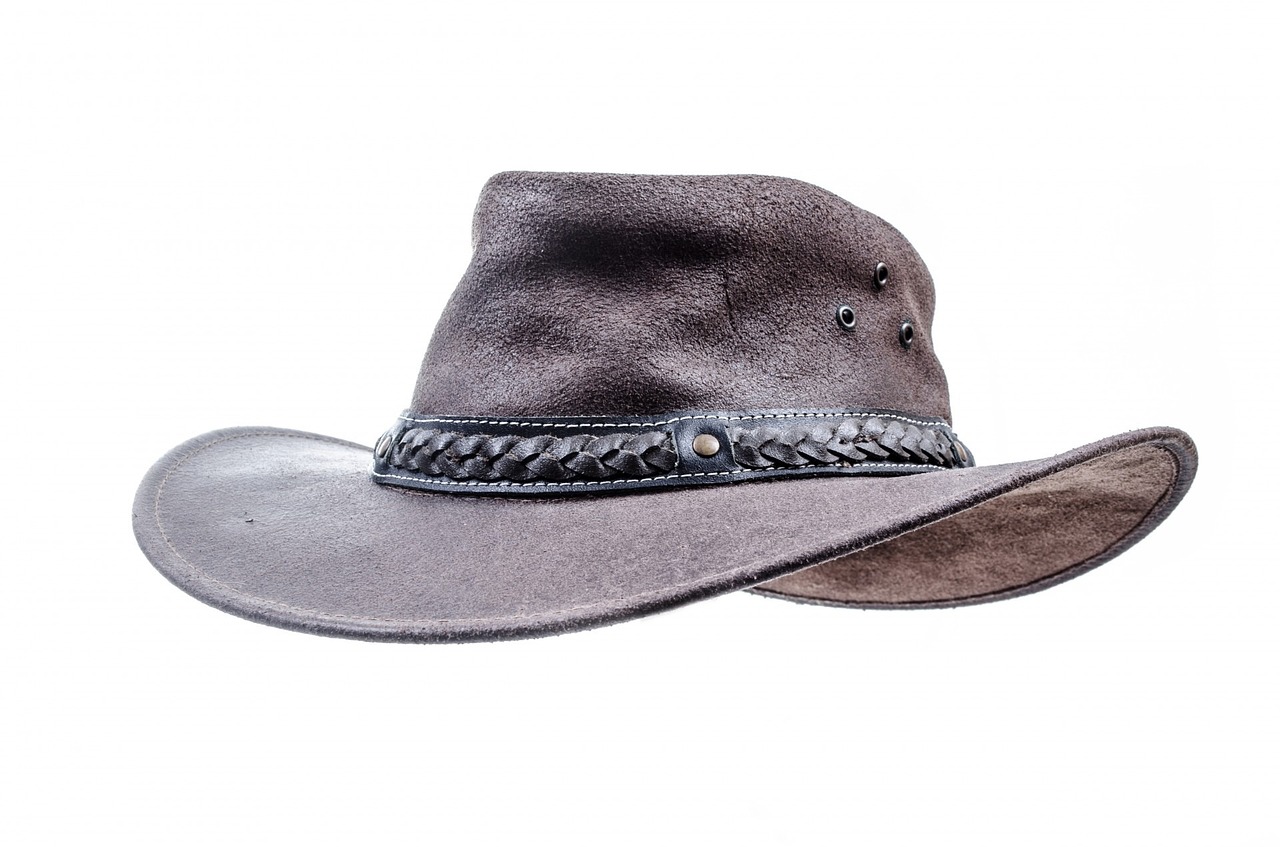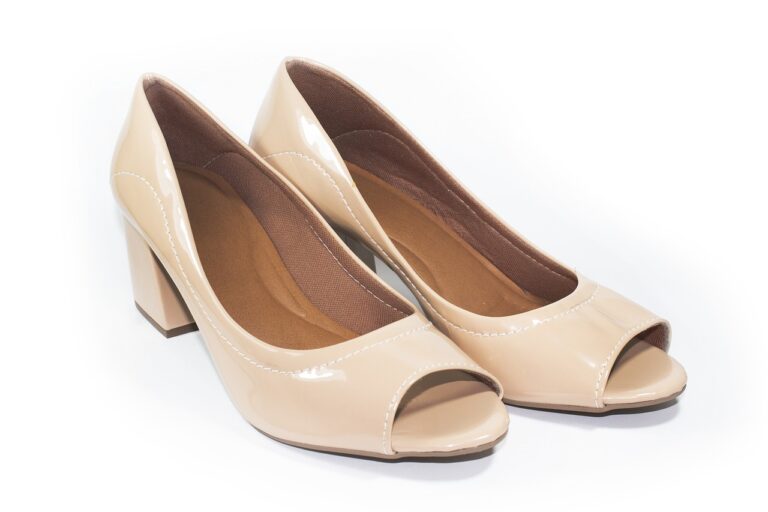The Impact of Climate Change on Fashion: Adapting to a Warming World
Sustainable fabrics have come a long way in the fashion industry, shifting from a niche trend to a mainstream staple. With the growing awareness of environmental and social issues, consumers are demanding transparency and eco-friendly options in their clothing choices. This shift has pushed fashion brands to innovate and source materials that have minimal impact on the planet.
In recent years, advancements in technology and textile production have made it possible to create sustainable fabrics from a wide range of materials, including organic cotton, hemp, bamboo, and recycled fibers. Designers and manufacturers are exploring new ways to reduce waste, conserve resources, and improve working conditions throughout the supply chain. As sustainable fabrics continue to gain popularity, it is encouraging to see the fashion industry embracing more ethical and eco-conscious practices.
The Rise of Ethical Fashion Brands
As consumer awareness regarding environmental and social issues grows, there has been a noticeable shift in the fashion industry towards more ethical practices. Ethical fashion brands are gaining momentum as more people prioritize sustainability and ethical production methods in their purchasing decisions. These brands are committed to transparency, fair labor practices, and using eco-friendly materials in their production processes.
Many ethical fashion brands are also making efforts to ensure that their entire supply chain is ethical, from sourcing raw materials to the final production stages. By promoting fair wages and safe working conditions for workers, these brands are setting a new standard for the industry as a whole. Consumers are increasingly drawn to these brands not only for their stylish and innovative designs, but also for the positive impact they are making on the planet and the people involved in the production process.
Changing Consumer Behavior in Response to Climate Change
With the growing urgency surrounding climate change, consumers have begun to shift their purchasing habits towards more sustainable and environmentally-friendly options. This change in behavior is largely driven by a heightened awareness of the impact that traditional production methods have on the planet.
In response to this increased consumer demand for eco-conscious products, many fashion brands are now prioritizing sustainability in their supply chains. From using organic cotton to incorporating recycled materials, these companies are finding innovative ways to reduce their carbon footprint and meet the changing preferences of their environmentally-conscious customers.
What are sustainable fabrics?
Sustainable fabrics are materials that are produced in a way that minimizes harm to the environment, such as using less water, energy, and chemicals in their production process.
How can sustainable fabrics help combat climate change?
Sustainable fabrics help combat climate change by reducing the carbon footprint of the fashion industry, as well as decreasing the amount of waste and pollution generated by traditional textile production.
What are ethical fashion brands?
Ethical fashion brands are companies that prioritize fair labor practices, environmentally-friendly production methods, and transparency in their supply chain.
How are ethical fashion brands changing consumer behavior?
Ethical fashion brands are changing consumer behavior by raising awareness about the social and environmental impact of the fashion industry, and offering consumers more sustainable and ethical alternatives to traditional fast fashion brands.
How can consumers contribute to combating climate change through their fashion choices?
Consumers can contribute to combating climate change by choosing to support sustainable and ethical fashion brands, opting for second-hand or vintage clothing, and practicing mindful consumption by buying fewer, higher-quality items that will last longer.







